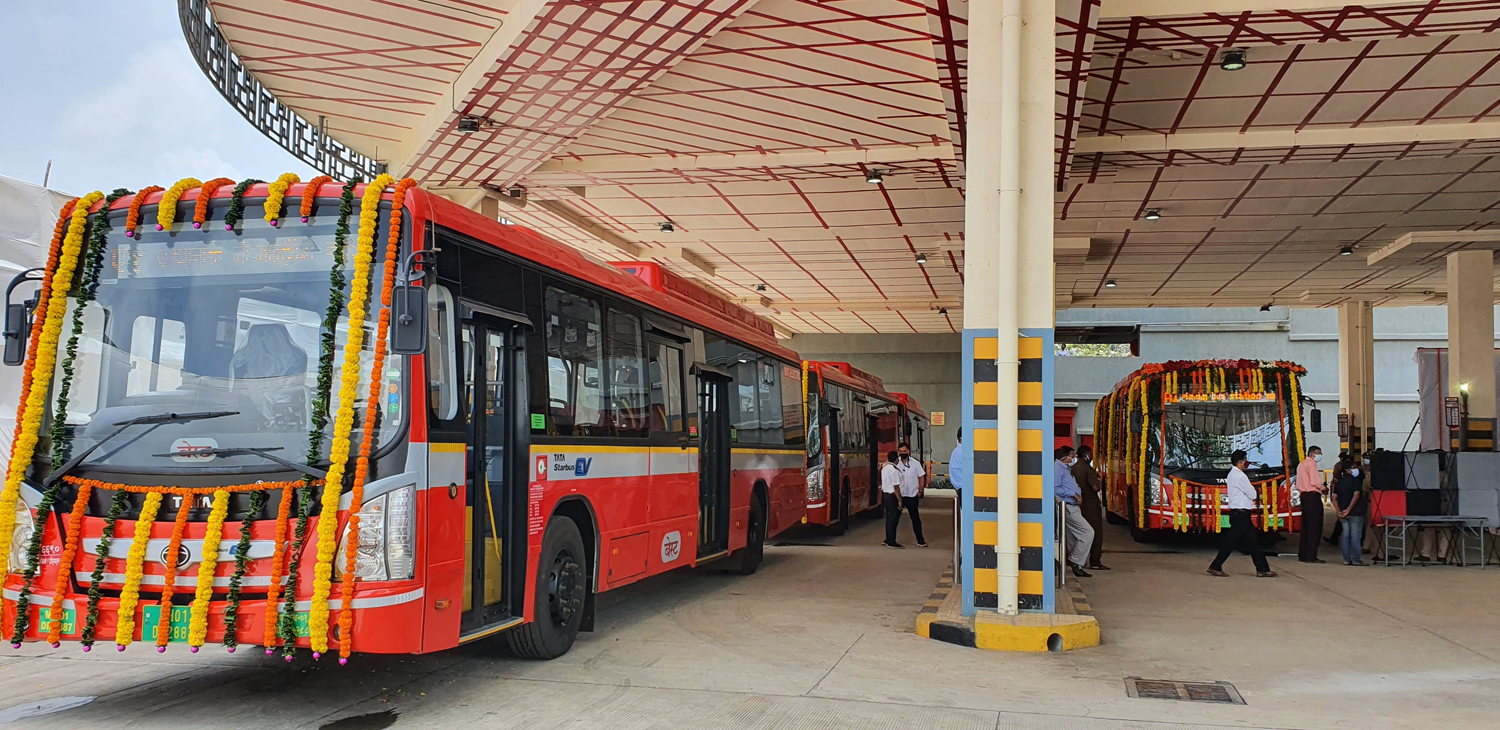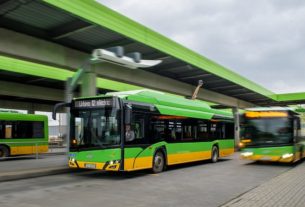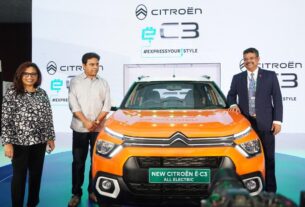The Cabinet chaired by the PM Narendra Modi, has approved a bus scheme “PM-eBus Sewa” for augmenting city bus operation by 10,000 e-buses on PPP model. The Scheme would have an estimated cost of Rs. 57,613 crore, out of which support of Rs. 20,000 crore will be provided by the Central government. The Scheme will support bus operations for 10 years.
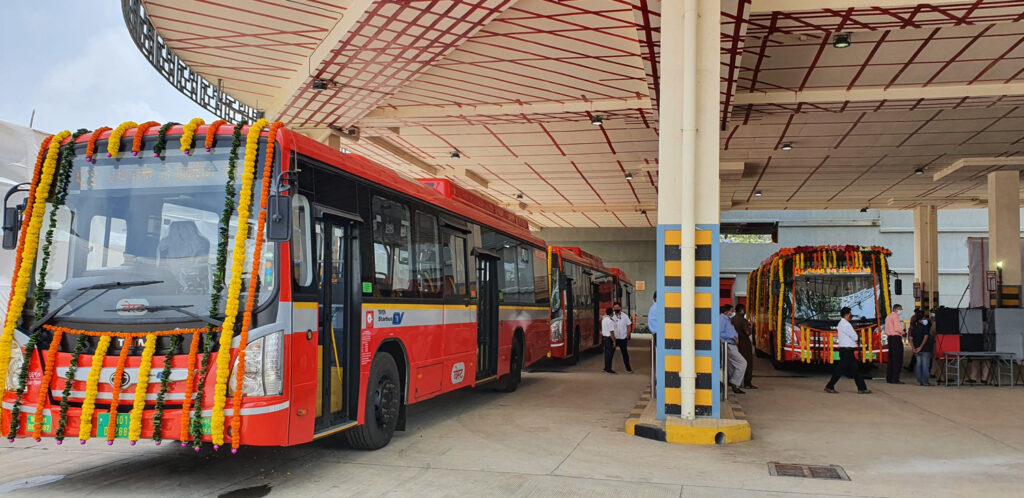
The scheme will cover cities of three lakh and above population as per census 2011 including all the Capital cities of Union Territories, North Eastern Region and Hill States. Under this scheme priority will be given to cities having no organized bus service.
The scheme will generate 45,000 to 55,000 direct jobs through deployment of around 10,000 buses in city bus operation.
The Scheme has two segments:
Segment A – Augmenting the City bus services:(169 cities)
The approved bus scheme will augment city bus operations with 10,000 e-buses on Public Private Partnership (PPP) model.
Associated Infrastructure will provide support for Development/ up-gradation of depot infrastructure; and Creation of behind-the-meter power infrastructure (substation, etc.) for e-buses.
Segment B– Green Urban Mobility Initiatives (GUMI): (181 cities)
The scheme envisages green initiatives like bus priority, infrastructure, multimodal interchange facilities, NCMC-based Automated Fare Collection Systems, Charging infrastructure, etc.
Support for Operation: Under the scheme, States/Cities shall be responsible for running the bus services and making payments to the bus operators. The Central Government will support these bus operations by providing subsidy to the extent specified in the proposed scheme.

“The Hon’ble PM led Cabinet’s decision to allocate Rs 57,613 crore for deployment of 10,000 electric buses across major cities as also Union Territories, hill states and the northeast region will truly take electric buses to the grassroot level pan India. This is a momentous decision that sees e-mobility as a necessity for much of India and especially at a time when the country has committed towards being Net Zero by 2070 and is presiding G-20. This initiative will now really propel green public transportation and will aid the development and expansion of an EV ecosystem across the country. Finally, the momentum gained from this move will catapult India as the EV capital of the world.”
– Mr. Nishant Arya, Vice Chairman and MD, JBM Auto
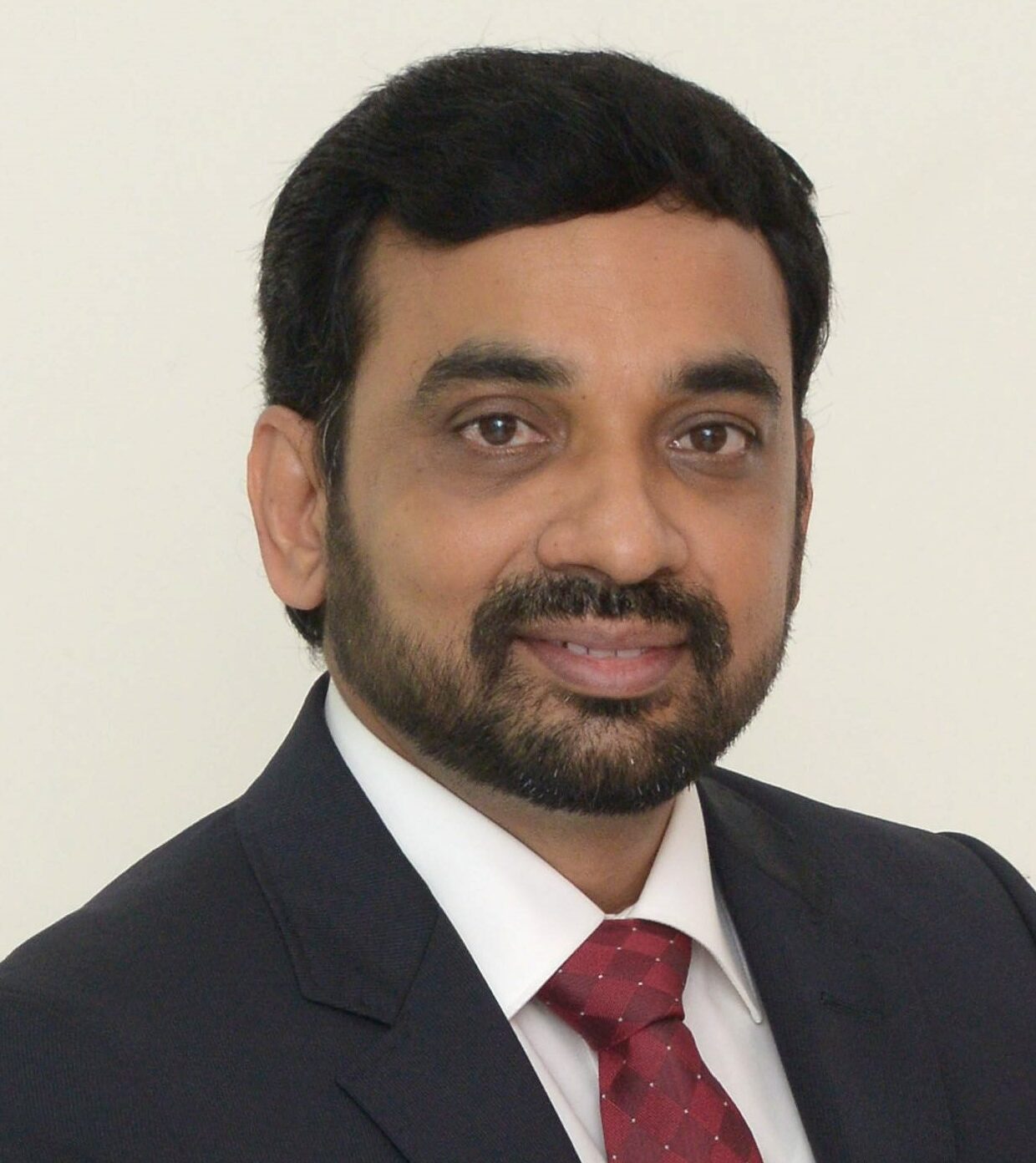
“As the G20 president this year, India’s pioneering electric bus initiative shines as a global beacon for environmental leadership. With a commendable one-third reduction in greenhouse gas emissions since 2009, India’s commitment to sustainable transportation, backed by increased renewable energy and expanded forests, sets an inspiring example as India aims to achieve its Net Zero goals by 2070. While FAME II norms enabled the transition towards mass adoption of e-buses in metros and larger cities, Prime Minister Modi’s e-Bus Sewa will lead to accelerated adoption of e-buses in Tier-II and III cities. This will not only help in the electrification and digitalisation of bus journeys in all corners of India, but also help in job creation and significant reduction in CO2 emissions. At SWITCH Mobility, we take pride in crafting e-buses, contributing to a cleaner future and India’s goal to becoming global model for sustainability.”
– Mr. Mahesh Babu, Chief Executive Officer, SWITCH Mobility


